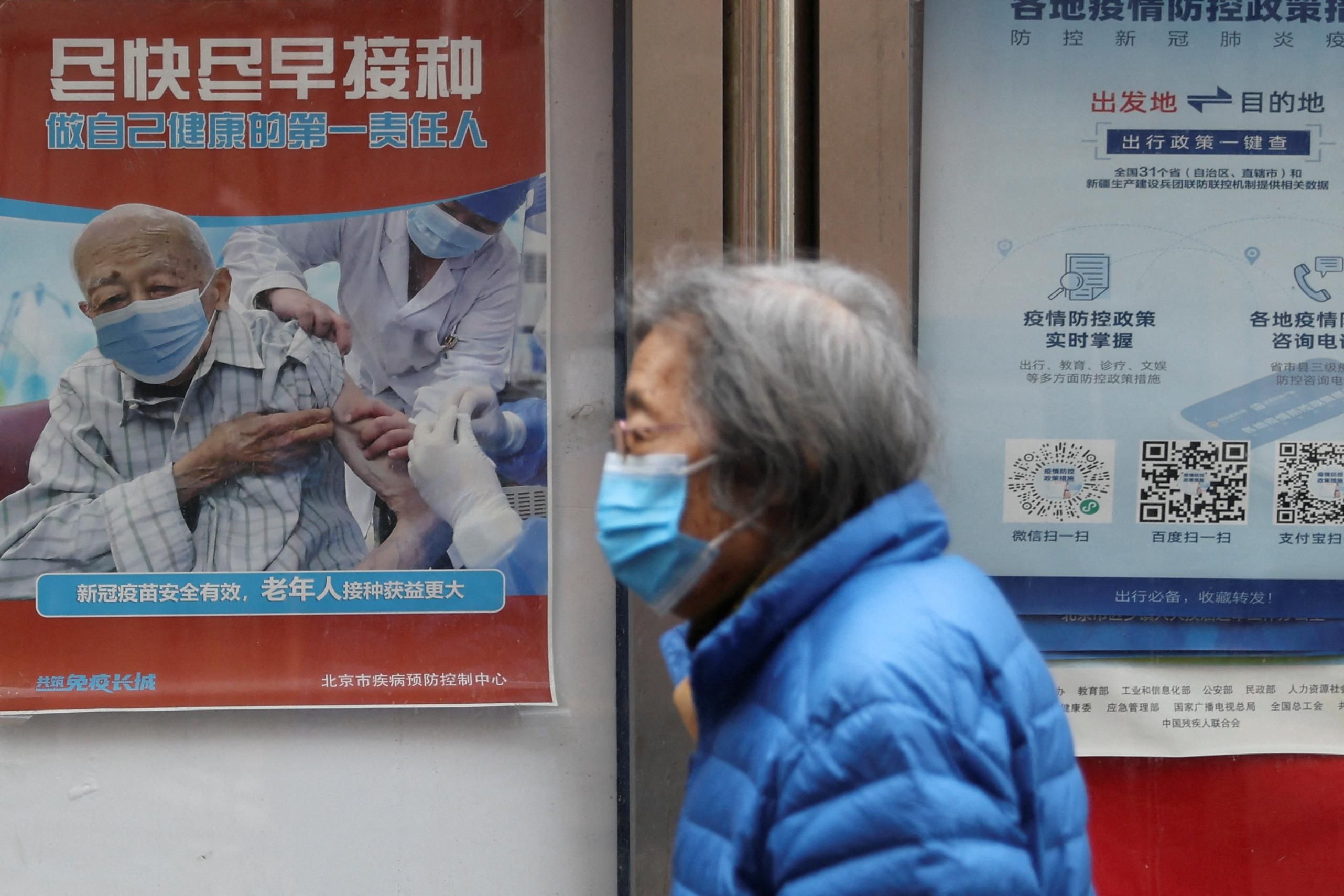What We’re Watching: Beijing vax mandate, DRC-Rwanda tensions
Beijing gets China's first COVID vax mandate
Somewhat late to the party compared to many parts of the world, China introduced on Wednesday its first COVID vaccine mandate in Beijing. Starting next week, residents of the capital will need to show proof of vax to enter most public spaces as authorities scramble to contain a new outbreak of a more infectious omicron subvariant. Oddly enough for an authoritarian state, China shunned mandates early in the pandemic because most people agreed to get vaxxed on their own, which helped keep the virus under control until late 2021. While nearly 90% of the population is fully vaccinated, inoculation rates among the elderly — those most vulnerable to becoming seriously ill or dying from COVID — are lower because many older Chinese adults are wary of getting jabs. What's more, China's vaccines are not as effective as Western mRNA jabs against new variants, so perhaps the goal of Beijing's mandate is to keep the unvaccinated elderly at home without implementing a citywide lockdown like in Shanghai. How will this affect Xi Jinping's zero-COVID policy? If major outbreaks are reported, expect other big Chinese cities to follow Beijing's lead.
